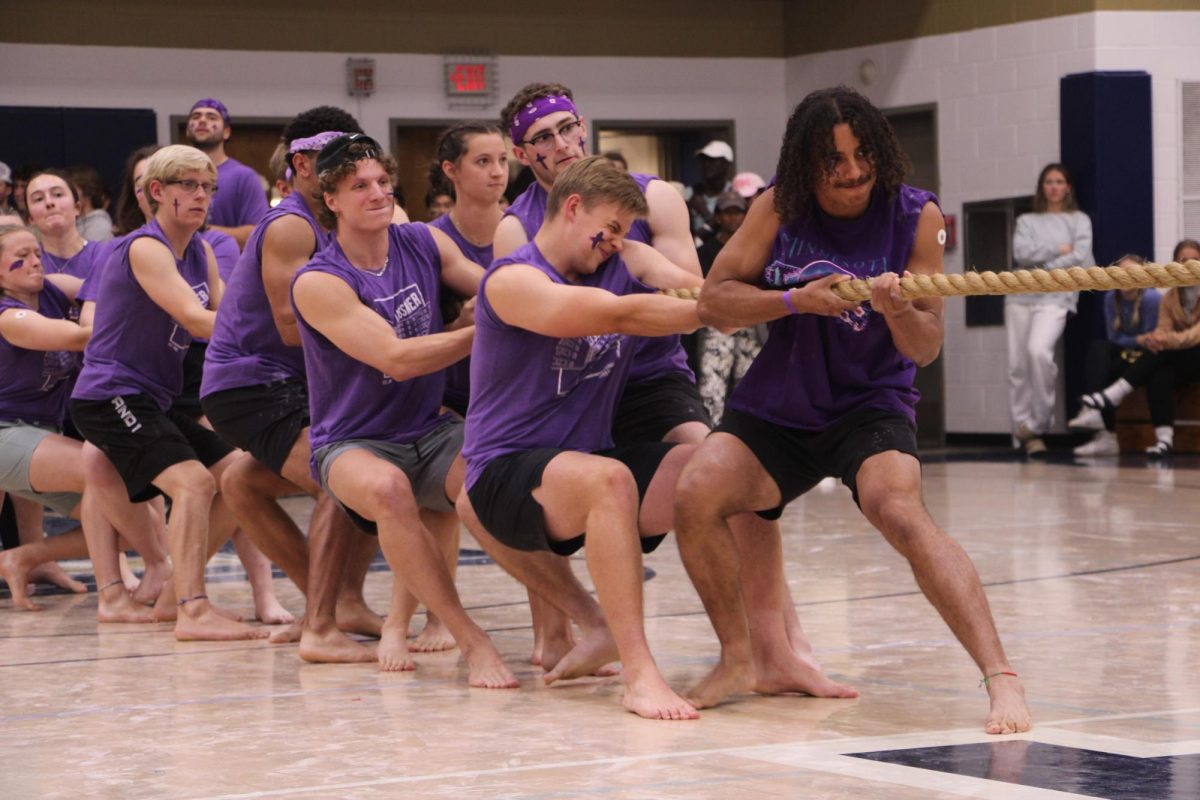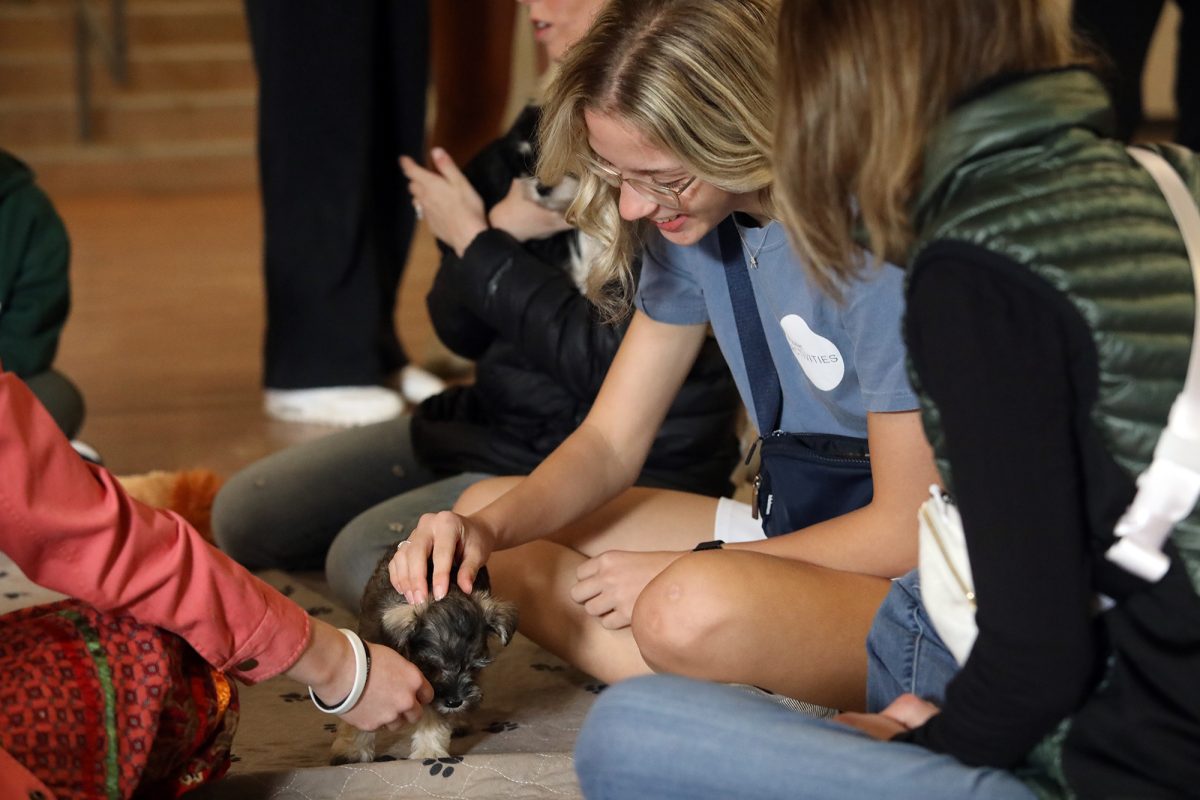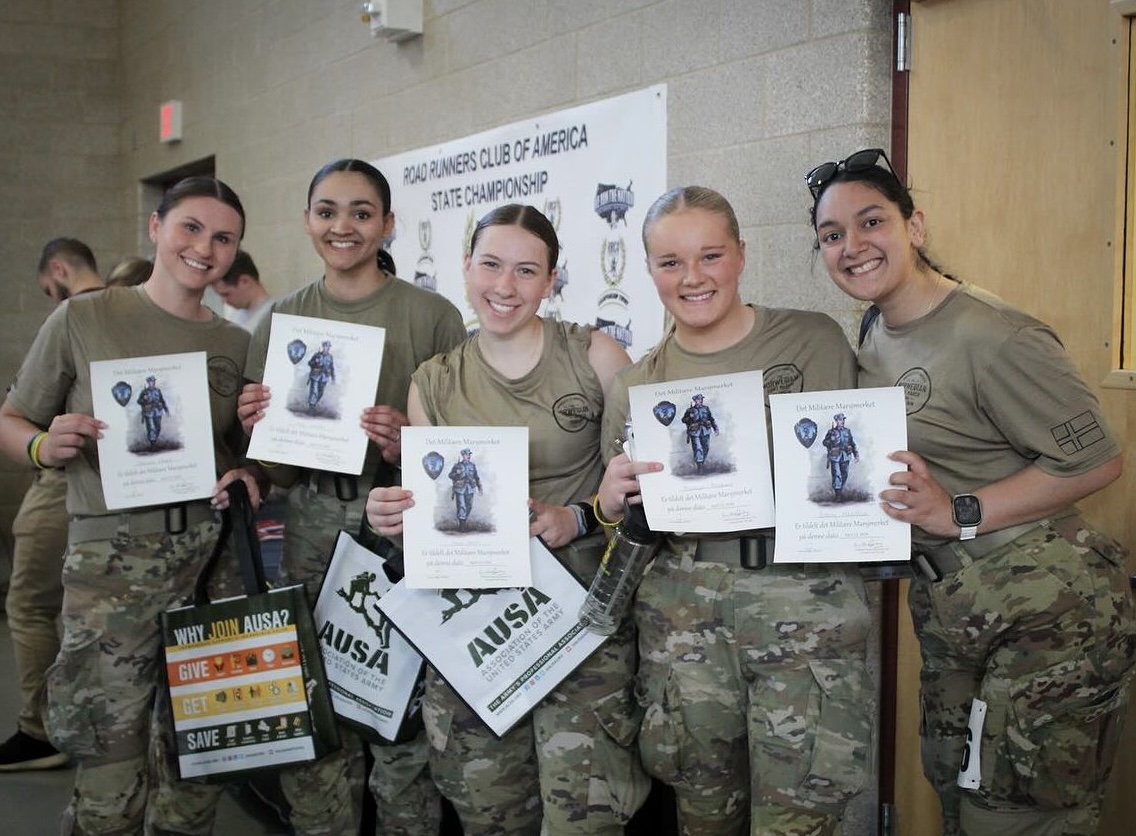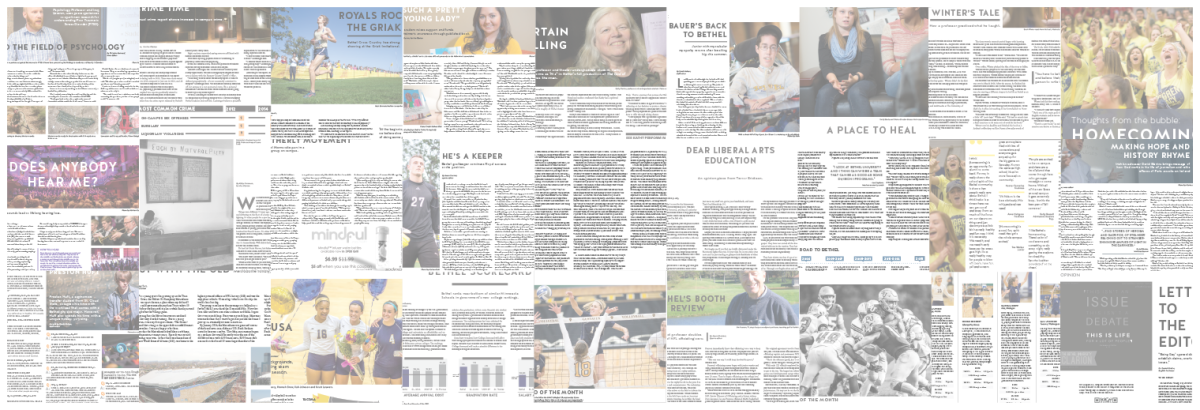Professor Amy Lary White shares the research she’s done on overcoming racial differences in white communities during Primetime in the Bethel library.
Maddie Danovsky | Freelance
Social work professor Amy Lary White has spent most of her career exploring what she calls “colorblindness,” or the lack of awareness white people have for the racial issues facing their society.
“All of us have defense mechanisms … that can create a lack of awareness” White said.
On Tuesday, White spoke in the Bethel University library about her findings on this topic as part of a recurring event called Primetime. Primetime is a program hosted by Bethel’s library meant to feature speakers on topics relevant to the community such as teaching, service and study abroad. Primetime typically takes place Tuesdays or Thursdays at 10:15 a.m.
One of the defense mechanisms White talked about Tuesday is denial, in which privileged people refuse to acknowledge the inequalities. Another is minimalization, in which privileged people recognize the inequality, but not to its fullest extent.
According to White, social norms are all set by the privileged people in a society. This, for the most part, means white people. In order for communities like Bethel — predominantly white communities — to overcome the barriers on the path to a beloved community, the privileged groups need to be willing to work to help the marginalized communities.
In White’s opinion, the biggest thing that white people can do to overcome these obstacles is to hold open conversations.
Privilege, according to White, is that white people are able to avoid talking about these topics if they wish. People of color do not share this privilege. White believes that privileged people need to be willing to engage in conversations in order to learn what they can do to help fight this oppression.
“Silence is a privilege,” White said.
- Contact Ann Gannon with any questions about the event- [email protected]
- If you wish to have a conversation about this topic with Professor White, you can reach her at [email protected]
- To learn more background information on this topic, visit here.








![Senior Bethel receiver Micah Niewald sheds a would-be tackler on his way to a touchdown in the Royals’ 73-8 win over Augsburg Saturday. Niewald sped his way to two touchdowns in the win, tallying 62 yards after the catch between the two scores. “Knowing I can outrun the guy that’s chasing me is a big thing,” Niewald said. “That’s going back to [strength and conditioning] Coach Meyer and everything we do in the summer and off-season.” | Photo by Carl Schumland, Bethel Athletics](https://thebuclarion.com/wp-content/uploads/2024/10/3J9A1632-1200x800.jpg)











